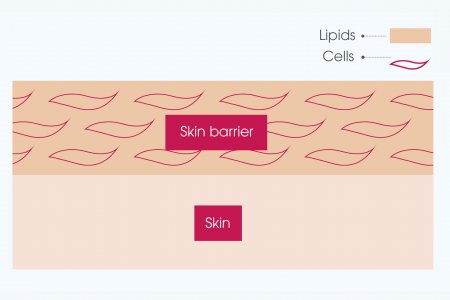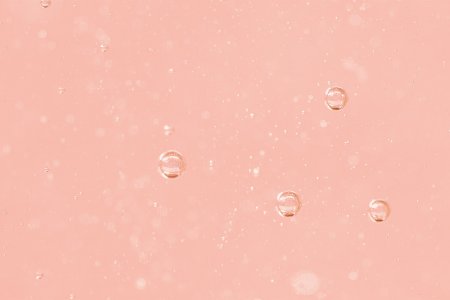Expert talks

by Dr. Sandy Skotnicki, Dermatologist
With approximately 40 percent of the industrialized world self-identifying as having reactive or intolerant skin, it is fair to say sensitive skin is a common concern.
And while it often coincides with eczema, dermatitis and rosacea, many people with sensitive skin do not have an associated dermatologic disorder.
In patients with no associated condition, it is increasingly felt that our modern-day hygiene practices, including daily washing with harsh soaps and cleansers, are inhibiting our skin’s barrier function and leaving it vulnerable and sensitive to the outside world.
Skin is the body’s largest organ and one of its most vital. No thicker than a human hair, it helps regulate our core temperature and functions as a gatekeeper to trap hydration in and keep allergens and irritants out.
To understand how daily washing and cleansing can lead to sensitive skin, it is useful to think of our outer most skin layer, known as the stratum corneum, as a brick wall with the bricks as our skin cells and the mortar as our natural oils or lipids.
The stratum corneum is inhabited by a community of microorganisms, known as the skin microbiome, which helps maintain the skin’s brick wall architecture by contributing to its optimal pH range of 4 to 6. The microbiome also plays an important role in supporting the skin’s immune system by preventing pathogenic organisms from invading.
Cleansers can disrupt both the skin’s barrier function and the skin microbiome which can lead to sensitive skin. This is why it is very important to pay attention to its formulation.
by Dr. Sandy Skotnicki, Dermatologist

« When it comes to cleansers for sensitive skin, I suggest :
✓ Must be formulated with a pH similar to the skin
✓ Contain low-irritating surfactants
✓ Perfume-free
✓ Formulated with the fewest amount of ingredients and at the optimal dose
X Harsh, abrasive surfactants like sulphates
X Allergenic fragrance
by Dr. Sandy Skotnicki, Dermatologist

"Both Bioderma Sensibio H2o & Foaming gel have a pH of 5.5, are perfume free and contain ultra-mild cleansing surfactants that respect the skin barrier and follow Bioderma’s minimalist formula protocols-using the minimal amount of INCI ingredients formulated at the optimal dose thereby reducing the risk of allergy or intolerance. A quality especially important for those suffering from sensitive skin."
by Dr. Sandy Skotnicki, Dermatologist

Hygiene & skincare
Sensitive skin
The Sensibio range

Symptoms of sensitive skin include tingling, overheating, tightness, feelings of discomfort, and diffuse or localised redness.
BIODERMA’s solution: Sensibio, a range dedicated to sensitive skin. In addition to the iconic Créaline/Sensibio H2O micellar water, the cleanser and make-up remover for sensitive skin, the range includes cleansing and care products that are recommended by dermatologists: face care products for sensitive skin, anti-redness products (available as a cream or BB cream), and more. Choose the routine suited to your skin!



